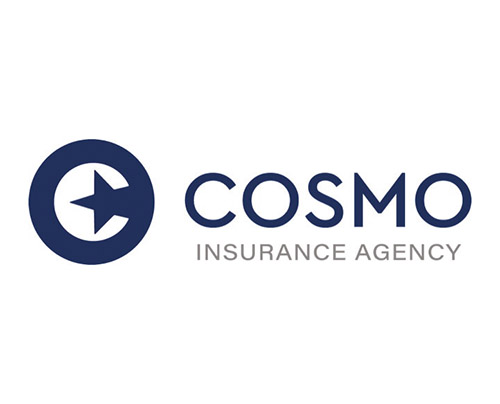
When you buy health insurance, you’re entering into a contract that both parties can meet each obligation under good faith. For the policyholder, this means you answered all of the application questions truthfully and plan to pay the premiums. At the same time, you assume that the insurance company has the means to meet current and future claims.
But what happens if the health insurance company you trusted files bankruptcy? Of course, you would not expect the company holding your policy to go belly-up, but unfortunately, this happens every once in a while.
Good news! All 50 states have systems in place to protect and ease the financial surprise to policyholders if the insurance company goes out of business. It’s essential to understand how the process works and what sort of protection you’ll get.
Ever wondered why not all insurers are available in all states? It’s because the insurance company is regulated almost entirely at the state level. Each state has a state insurance regulator; these regulatory agencies supervise insurance companies to ensure policyholders are protected if their providers run into financial difficulty.
If you find out that your insurance company is filing for bankruptcy, the most critical question to ask is, “Which type?” There are two main categories of bankruptcy law under which a company can file: Chapter 11 and Chapter 7. Under a Chapter 11 bankruptcy, a company can financially restructure itself, take cost-cutting measures, and continue operations. However, filing Chapter 7 bankruptcy has much more direct and dire consequences. The company shuts down entirely and liquidates its assets to satisfy its creditors’ financial claims.
Health insurance companies that become insolvent and enter bankruptcy can face one of three types of receivership:
Conservation: The state where the insurance company headquarters is located will work with the insurance company to ensure that day-to-day operations continue uninterrupted while a permanent solution is found. After a solution has been made and the company is back on firm financial status, the receiver returns complete control to the insurance company. In the event the resolution fails, one of the following two options will come into play:
Rehabilitation: In conjunction with a Chapter 11 bankruptcy filing or not, but the state (through a receiver) will take over complete operational control of the insurance company, including all assets, to guide the company back to being solvent.
Liquidation: Usually, in combination with a Chapter 7 bankruptcy, the health insurance companies are in a condition that is beyond repair. The state will try to find a financially stable insurer to assume all or some of the insolvent company’s policies. For the policies that have not been sold to another insurance company, the state will make a plan to liquidate the company’s assets and, in conjunction with guaranty funds, honor claims and return cash values and unused premiums to policyholders.
If a health insurance company is declared insolvent, the state guaranty association and guaranty fund swing into action. Guaranty associations act as a sort of insurance company for insurance companies, in a manner of speaking. The association will transfer the insurer’s policies to another health insurance company or continue providing coverage itself for policyholders. Each state has a guaranteed maximum that’s payable to policyholders whose providers have been liquidated. According to the National Organization of Life and Health Guaranty Associations (NOLGHA), the maximum payouts for health insurance in most states is $100,000. It is essential to check with your state’s guaranty association for the actual limits on your policies.
Your next step is to continue paying your premium while you explore your options. If you stop paying your premium, you are subject to cancellation and may also lose the ability to file a guaranty claim against the failed company.
If you’re considering switching insurance policies, talk to a health insurance agent or broker you trust. If you do decide to switch policy, don’t drop it until you have a new one in place to avoid the possibility of ending up without any coverage.
Mark Herschlag is the founder and CEO of Cosmo Insurance Agency, which is based in Ocean County. Cosmo Insurance Agency offers personalized solutions for individuals and businesses looking to obtain health, life, dental, long-term care or disability insurance.
For more information or for a free, no-obligation quote, please call (201) 817-1388 or email [email protected].













